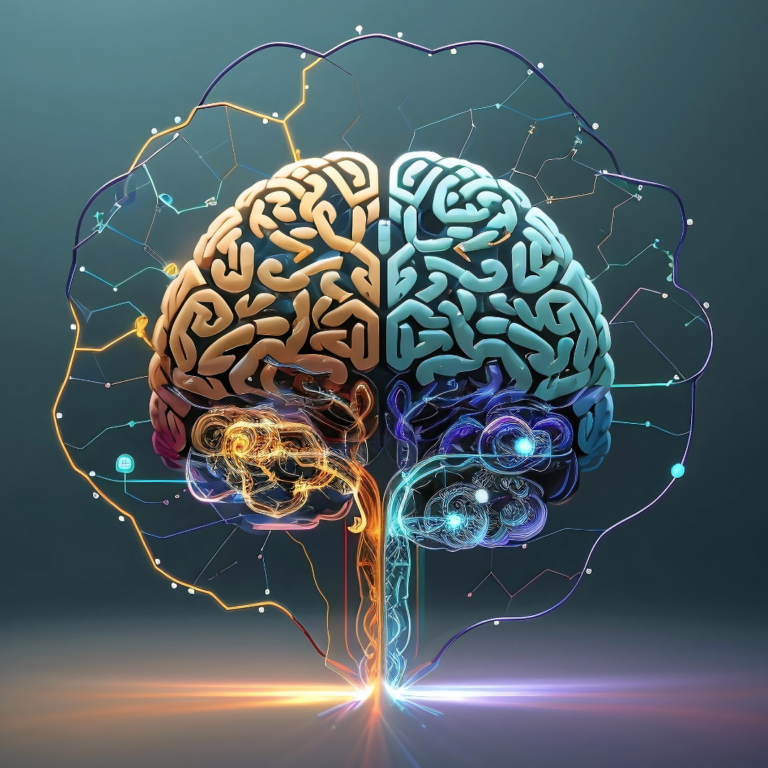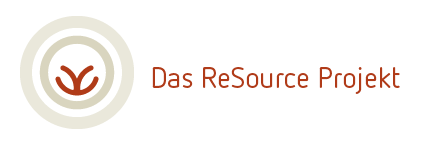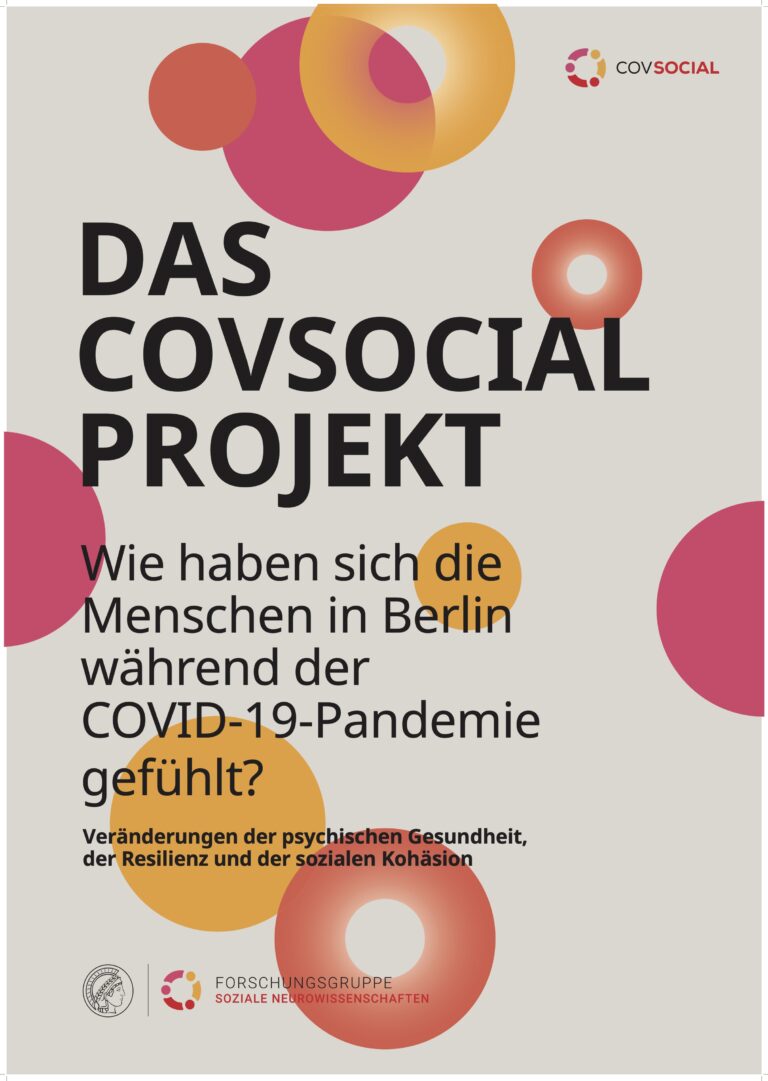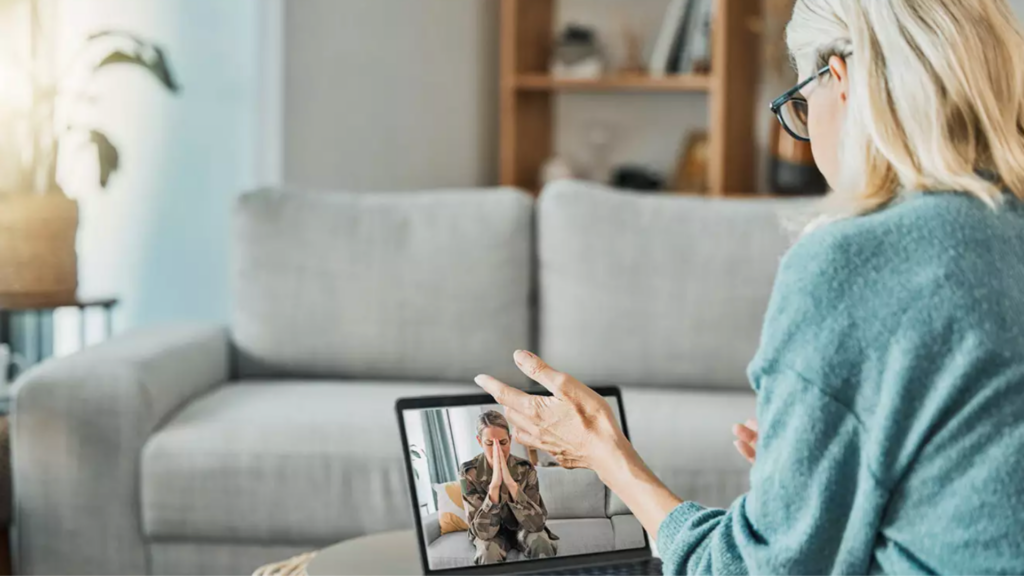Welcome to Edu:Social!
Where innovative research meets application
Edu:Social is a Germany-wide scientific research study conducted by the Social Neuroscience Labs of the Max Planck Society. It aims to strengthen resilience and social skills among teachers and healthcare professionals. We provide a several week long mental intervention program that promotes mental health and social competencies while also reducing the risk of stress-related burnout.
Register for Edu:Social School!
Scientific Background
Small Steps, Big Impact

With this digital intervention program, it is possible to achieve significant results with comparatively little effort. Previous studies have already demonstrated the following positive effects:
- Increased life satisfaction
- Improved mental health
- Strengthened social cohesion
- Strengthened social skills (empathy, compassion)
- Increased resilience
- Reduced stress
- Reduced loneliness
I am simply more in tune with myself, can face the difficulties of everyday life more calmly, have learned how to gradually say goodbye to obstructive thought patterns and make decisions more intuitively than ever before.
I am very grateful to you for allowing me to take part in the study! I have become a completely new, much happier and more patient person through the daily meditation and the support in the meetings.
Recent Projects
CovSocial and ReSource Project
The Edu:Social project is based on the results of two successful and unique research projects conducted under the direction of Prof. Dr. Tania Singer. The ReSource project, a comprehensive long-term study on mindfulness and compassion-based mental training, explored the effects of different types of meditation and mental practices on brain, health, stress, well-being and social behavior. The CovSocial project analyzed the impact of the Covid-19 pandemic on the well-being, behavior, stress experience and social cohesion of Berlin adults. In a second phase, it investigated the effects of digital, 10-week mindfulness training or socio-emotional partner-based mental training on resilience, mental health and social skills. The Edu:Social builds upon the CovSocial study and is now investigating the implementation of these mental training programs for the school and healthcare setting.



News

To support the Edu:Social School project, we are looking for a project coordinator and student assistants.
Tania Singer speaks at re:publica 2024 about the effects of mental dyad training and why it is important to bring this training to the wider reach of society.

At re:publica 24 Stage 1 Tania Singer talks about the effects of mental dyad training and why it is important to transfer it to different sectors of society. (German only)

New published research shows that contemplative dyads improve social competencies and reduce mental health problems
Trailer - CovSocial Symposium 2022
Scientific Publications
Godara, M. & Singer T. (2024).
10-Week Trajectories of Candidate Psychological Processes Differentially Predict Mental Health Gains from Online Dyadic Versus Mindfulness Interventions: A Randomized Clinical Trial. Journal of Clinical Medicine, 13(11), 3295.
Matthaeus, H., Godara, M., Silveira, S., Hecht, M., Voelkle, M., & Singer, T. (2024).
Loneliness through the Power of Practicing Together: A Randomized Controlled Trial of Online Dyadic Socio-Emotional vs. Mindfulness-Based Training. International Journal of Environmental Research and Public Health, 21(5), 570.
Godara, M., Hecht, M., & Singer, T. (2024).
Training-related improvements in mental well-being through reduction in negative interpretation bias: A randomized trial of online socio-emotional dyadic and mindfulness interventions. Journal of Affective Disorders.
Reducing alexithymia and increasing interoceptive awareness: A randomized controlled trial comparing mindfulness with dyadic socio-emotional app-based practice. Journal of Affective Disorders, 341, pp. 162-169.
Boosting Empathy and Compassion Through Mindfulness-Based and Socioemotional Dyadic Practice: Randomized Controlled Trial With App-Delivered Trainings. Journal of Medical Internet Research.